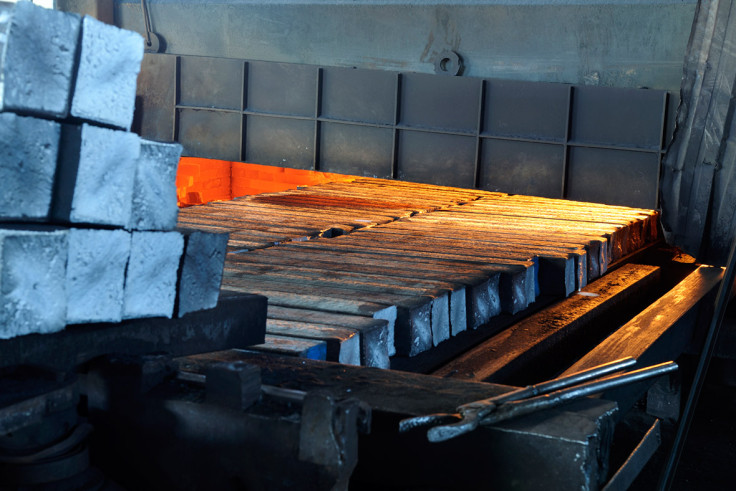We shouldn't just Buy British - it often means an inferior and pricier product

Trade unions have called for the British government to 'Buy British' and give preferential treatment to British firms selling things like steel for warships, or to direct rail franchisees to buy British-made trains. In most cases this is illegal under EU and WTO rules, but it's a bad idea on its own.
Public spending should not be a jobs programme, it should be about providing specific services. Buying British, of course, really means 'buying British when a cheaper and/or better foreign alternative exists'. So given limited resources, buying British means either an inferior product or less money to spend elsewhere. That means that Buying British is a transfer from taxpayers and the users of public services to whichever manufacturers have the loudest lobbyists.
Next, there is the retaliation problem. British firms do actually export quite a lot abroad (the defence industry is worth around £8.5bn ($12.2bn), for example), and if every country went out of its way to buy from domestic producers an awful lot of that business would be lost. Trade wars hurt all participants, and we do not want to get involved in them, let alone start them.
But the most important problem with all of this is that it's wrong and misguided about the way trade works. Buying imports does not make us worse off, because imports always balance with corresponding exports or investment into Britain.
Think about international trade in the crudest way possible: we use pounds sterling to buy foreign steel, which goes to some Chinese state industry. Now that they have those pounds sterling, what can they do with them? They might bury them in the ground, in which case the existing pounds in circulation rise in value and we've gotten that steel for free.
But it's more likely that they'll exchange those pounds for some other currency, and whoever has buys them will use them to buy something that is denominated in pounds. Eventually, the money we send abroad comes back.
That doesn't mean it'll go on British steel or trains. It probably won't – recently, foreigners have tended to invest that money in UK financial assets and property, meaning we've effectively traded some investment assets for some consumption goods. But that is a sign that we shouldn't be making as much steel or as many trains as we are, we should be making more of the things that people do want from us.
Incidentally, it doesn't really matter if the Chinese are subsidising their steel industry – that means that they're partially subsidising British consumers of steel for the sake of having some heavy industry. (Actually, China-watchers say that Beijing doesn't really like this any more, and would prefer if it was the Vietnamese who were making things like that) But the rise of cheap steel is also likely to be down to the fact that Britain's blast furnaces are obsolete, and there just isn't much of a business case for investing in new plants in a country where costs are so much higher.
Tom Forth has proposed some ways the government could try to minimse the distortion its R&D and infrastructure spending causes for less-developed parts of the country, so they can adapt without having one hand tied behind their back by the state. Rates and council tax valuations are also out of date, and artificially high for parts of the country that have fallen on the hardest times since they were last revalued, which in the case of council tax was 1993!
The emphasis should be on helping people move into new jobs, neutralising some of the quasi-subsidies we give to London and the South East, and devolving powers over big things like tax so that places like Wales can follow the 1990s Irish model in attracting new foreign investment.
It won't be painless but it would get people into jobs that are actually productive in their own right. The process of creative destruction can be brutally hard on people in dying industries, but keeping them on life support only prolongs their pain.
Sam Bowman is deputy director of the Adam Smith Institute, a libertarian think tank.
© Copyright IBTimes 2025. All rights reserved.






















